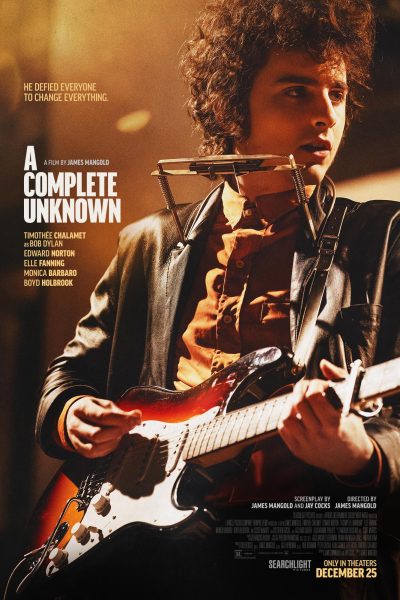Star-Crossed: Kacey Musgraves’ New Album Doesn’t Disappoint
Singer-songwriter Kacey Musgraves’ most recent work, the highly anticipated “Star-Crossed,” tells the story of her divorce in a fifteen track album that Musgraves calls “a tragedy in three parts.” She chronicles the gradual deterioration of a relationship that was doomed from the start. The album begins with its title track, “Star Crossed,” which describes “lovers ripped right at the seams/they woke up from the perfect dream/and then the darkness came.” This sets the melancholic tone for the rest of the album. This song is unlike any Musgraves has released before, especially compared to the start of her career as a country singer, making it one of the best songs on the album.
To describe this song, or the rest of the album for that matter, as country would be inaccurate. It begins slow and gentle with Musgraves’ singing supported by guitar that gradually builds until it becomes something much more vibrant, and nearly psychedelic. 
The subsequent tracks are not as experimental or novel as “Star Crossed” but they do not disappoint. In particular, “Cherry Blossom” is one of my favorites. It’s upbeat and catchy, and gives the listener a break from the apologetic and regretful tone of the other opening songs like “Good Wife” and “If This Was a Movie.” The purposeful autotune on Musgraves voice, and repetition of the chorus: “I’m your cherry blossom, baby/don’t let me blow away” makes it sound like a pop song, but not so much to the point that it is banal.
The first third of the album is nostalgic, but with “Justified,” listeners get their first glimpse of an independent Musgraves, fed up with and ready to move on from a partner who “wants your shimmer/to make him feel bigger/until he starts feeling insecure.”
With titles like “Keep Lookin Up,” “What Doesn’t Kill Me,” and “There is a Light,” the final songs of the album are purely hopeful for the future. “There is a Light” begins unremarkably, with the similar soft and slow melody of most other songs on the album and cliche lyrics like “there is a light/at the end of the tunnel/there is a light/inside of me.” However, the sudden flute solo is unexpected, bold, and jazzy. It completely redeems the song and makes it one of the most notable pieces on the album.
The final track, “Gracias a la Vida” is a cover of a Violeta Parra song, and it is sung entirely in Spanish. During my first listen of the album, I was confused by the addition of this song and dismissed it, but it does add some value. The lack of instruments, other than guitar, allows Musgraves’ voice to shine. The song displays her clear, unobstructed voice, until it ends with a psychedelic feel similar to “Star-Crossed,” bringing the album full circle.
Musgraves’ album started off strong and leveled off. All of the songs were satisfying, but there were some great ones which compensated for the good ones, like “Star-Crossed,” “Cherry Blossom,” “Keep Lookin Up,” and “There is a Light.” Although I loved “Star-Crossed”, it doesn’t quite measure up to her Grammy Award winning album “Golden Hour.” Nevertheless, Musgraves deserves credit for the major shift she has made from her country roots, and the gracefulness with which she has turned a painful experience into a captivating work of art.









lily rebecca loyd • Oct 5, 2021 at 11:21 am
I love this opinion piece Sophia!! So good!